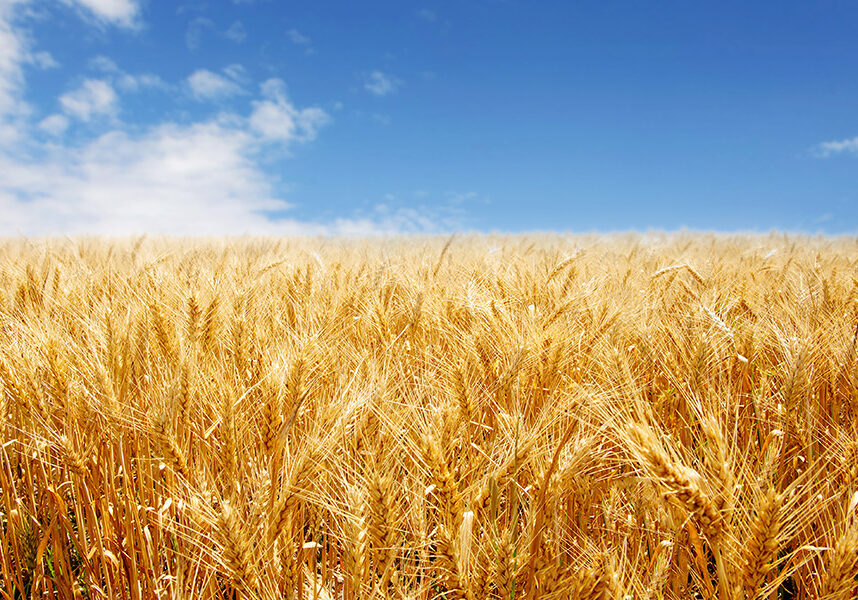It takes teamwork
2024August 2024
By Anthony Smith
President, Washington Association of Wheat Growers

I love wheat farming, but when I’m having a bad day, there’s a lot not to love, too.
I don’t think of myself as a successful wheat farmer, but I guess I am if I’m still running the farm operation. I know it takes a lot of hard work, discussions, planning, and determination. It also takes more than just me to be a so-called successful farmer, one who is able to weather the tough years (and we all have them). You need a good team backing you up: an accountant, a lawyer, hired men, a crop advisor, and many others. You need reliable equipment, and, finally, you need to be able to get your crop to the customer. That’s where transportation is so important.
Like most farmers in the Horse Heaven Hills in Benton County, I haul my wheat by truck from the field to the elevator. From the elevator, the wheat is moved to Portland primarily by barge or train, but trucks are also used. No one method of transportation can handle the volume of grain that is moving across the countryside. The competition between rail, river, and roads also helps keep our costs lower, and at a time when we are struggling to make a profit due to low wheat prices, that’s critical.
One of the most important members of my supporting team is the Washington Association of Wheat Growers (WAWG). While I’m tending to my crops, they are out there fighting for me and all the wheat farmers in Washington state. WAWG is able to spend time on the phone with legislators or attend Zoom meetings with farm officials. They are able to travel to Olympia and Washington, D.C., to present our issues and concerns. If you’ve spent any time reading my monthly column, you’ll know that protecting the lower Snake River dams is one of our biggest priorities right now. Once again, WAWG is right at the front of the fight, leading tours of the dams, participating in hearings, and speaking to whomever will listen about why the dams are so important to our region, to farmers, and to our local economy.
At the end of June, WAWG brought the fight to protect the dams to an unexpected place — the Mississippi River. See, we don’t think advocates of dam breaching will stop at the lower Snake River. If that effort is successful, every river system in the country is in danger of attack. Recognizing that fact, Michelle Hennings, WAWG’s executive director, worked with Mississippi River stakeholders to bring a group of Columbia-Snake River System users to the Midwest, to talk about what’s happening in the Pacific Northwest, to learn more about the Mississippi River, and to explore ways for stakeholders on both river systems to collaborate and support each other. The trip was extremely successful, and I believe the relationships that were formed will benefit all of us for years to come. I never thought I’d count a barge company in Vicksburg, Miss., or a port association in New Orleans as a member of my support team, but I’m sure glad I can. See a recap of our trip here.
I know a lot of you in Eastern Washington are still cutting wheat. As you move your grain, take a minute to appreciate the system we have — and the people working to protect it. Happy harvesting.












